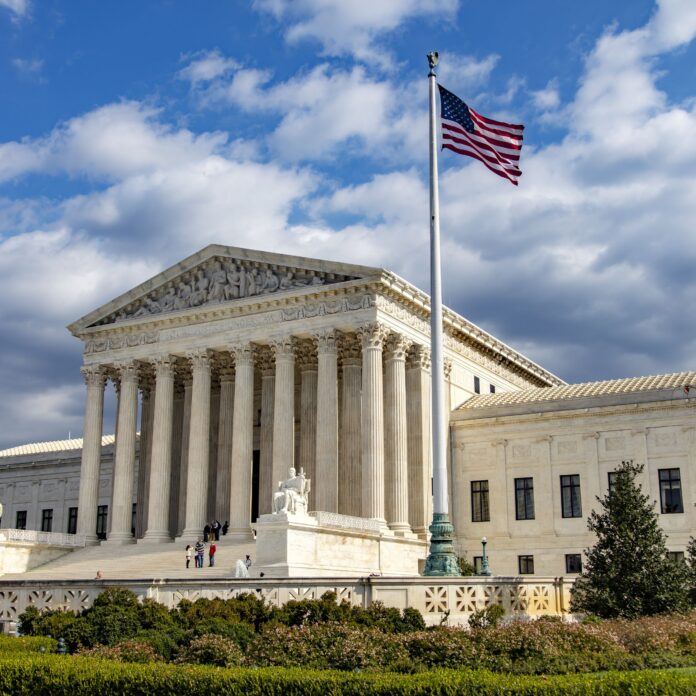Dismissed by some on the right as an effort to “pack the court” with additional justices, the 36-member group is also already drawing fire from some quarters on the left for its composition of academics, limited mandate and six-month timeline to finish its work.
President Joe Biden’s recently announced commission to study the Supreme Court is facing political headwinds before it convenes its first meeting, underscoring the challenge advocates for change have faced for years.
“I am a little disappointed that the commission wasn’t given a mandate that says ‘come up with recommendations,'” said Gabe Roth, executive director of Fix the Court, a nonpartisan group seeking term limits for justices and greater transparency at the court. “I don’t believe it’s that hard to come up with a consensus on core issues.”
Then-candidate Biden promised to name the commission as President Donald Trump and Senate Republicans rushed to confirm Associate Justice Amy Coney Barrett before the election, giving conservatives a 6-3 edge at the court for the first time since the 1930s. At the time, Biden said he was “not a fan” of adding to the nine-member bench.
“Nothing produced by such a far-left commission has any chance of passing,” she said.
But while expanding the court is controversial, there has been bipartisan support for some other changes to the federal judiciary, including the Supreme Court, in the past. Some of those ideas have been deeply intertwined with constitutional debates since the nation’s founding.






















